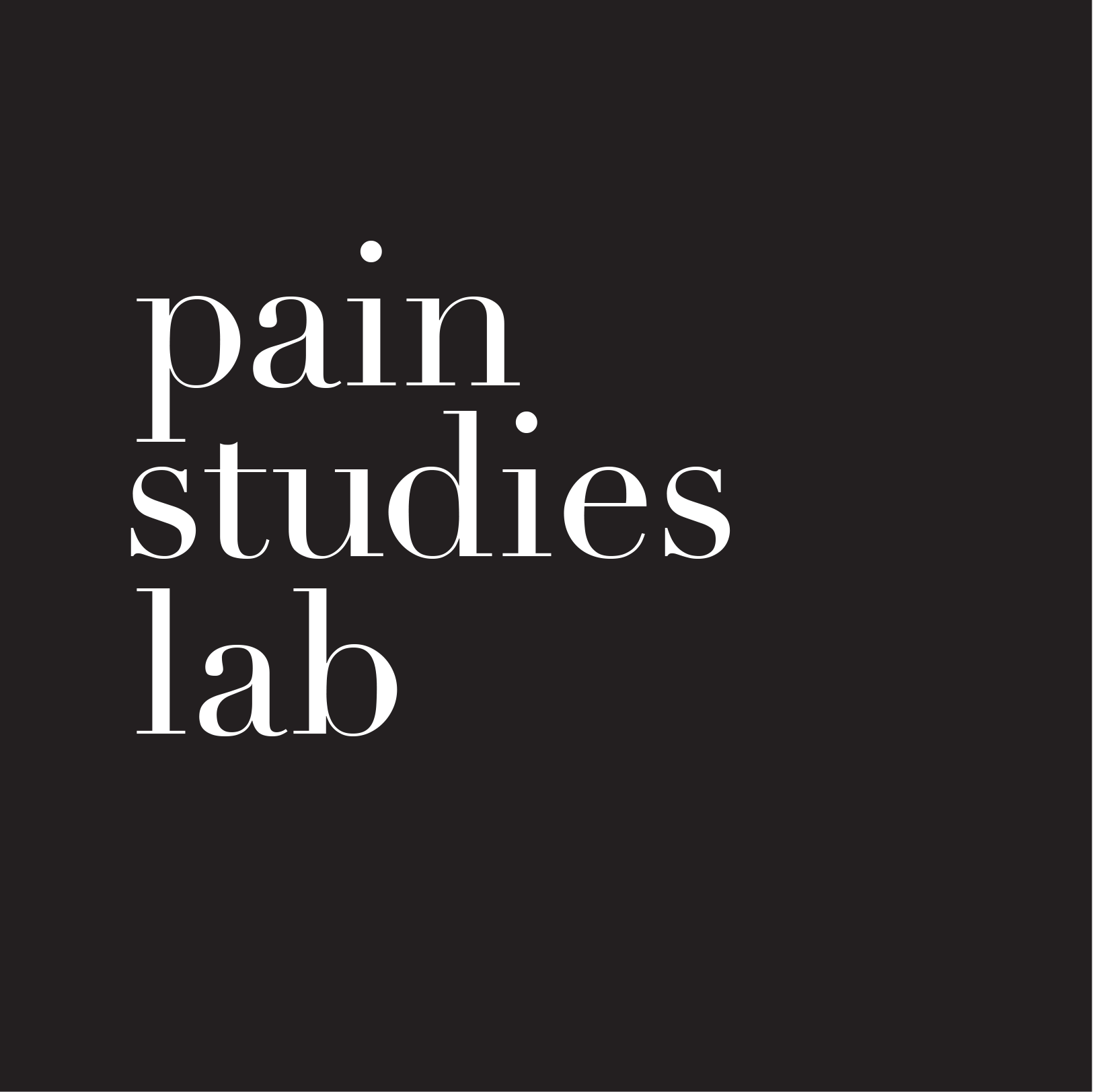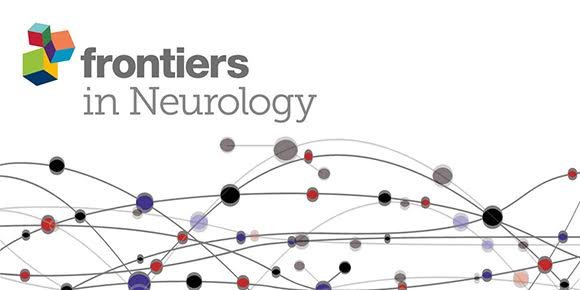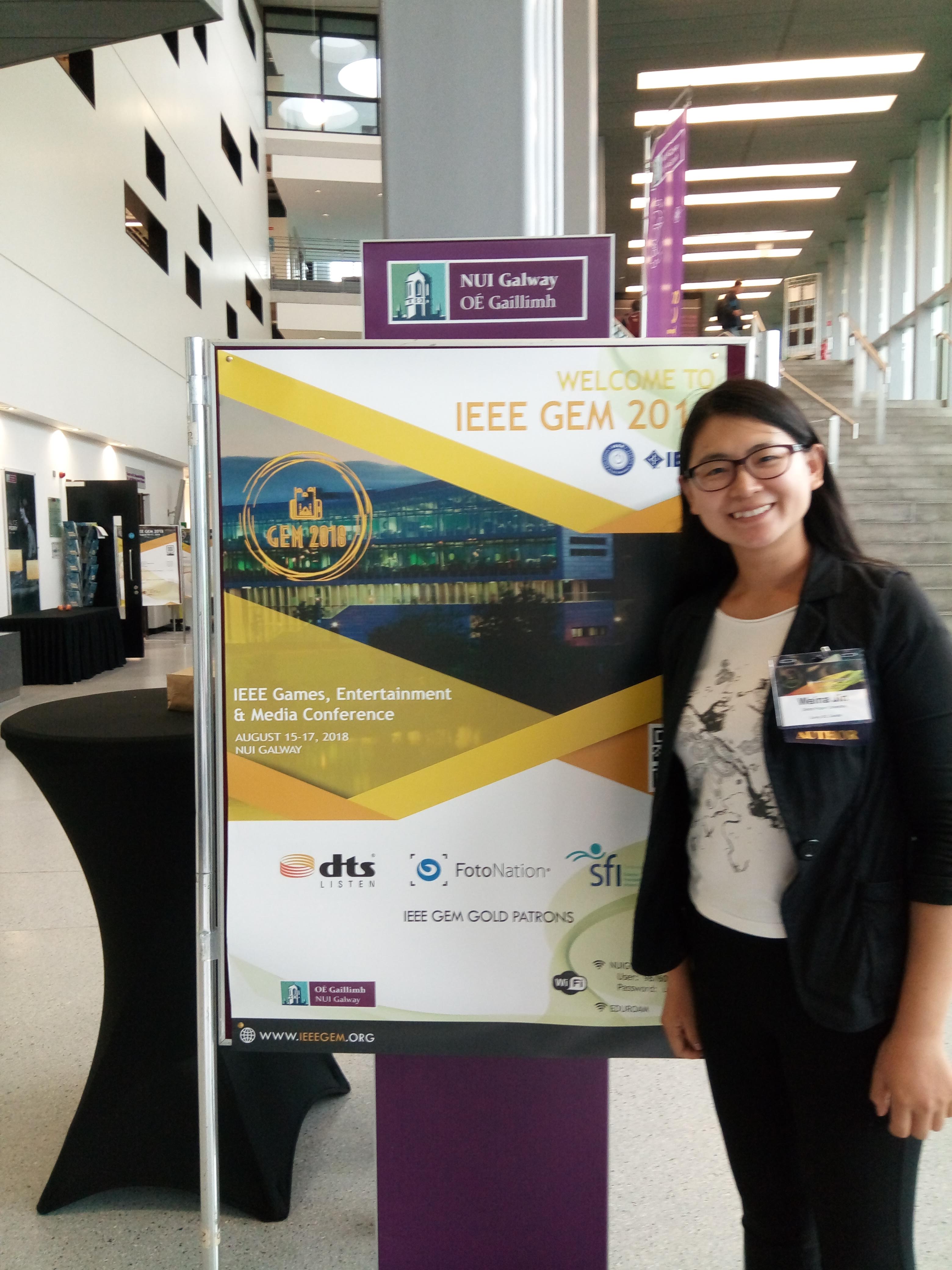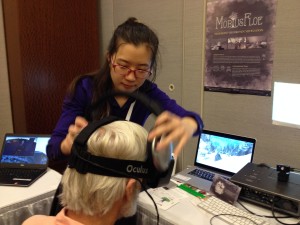Weina Jin, a Pain Studies Lab Ph.D. student, presented her research on using machine learning to predict cybersickness at the IEEE GEM 2018 conference in Galway, Ireland on August 17, 2019.
In her 20-minute talk, Weina outlined the challenges of building predictive models for cybersickness research. To address these problems, she and her colleagues used a pure data-driven approach. They constructed a dataset for this problem, collected VR gameplay data labeled with a cybersickness core and built machine learning models. In their pilot study, results showed that their machine learning could model cybersickness in real-world VR gameplay settings. The presentation was part of Session 3.4: Deep Learning Techniques for GEM.
Their full peer-reviewed paper will appear in the IEEE GEM’s Conference Proceedings: “Automatic Prediction of Cybersickness for Virtual Reality Games” by Weina Jin, Jianyu Fan, Diane Gromala and Philippe Pasquier.
The IEEE GEM (Game, Entertainment, and Media) 2018 conference is a platform for disseminating innovative research and development work on game, entertainment, and media technologies.



